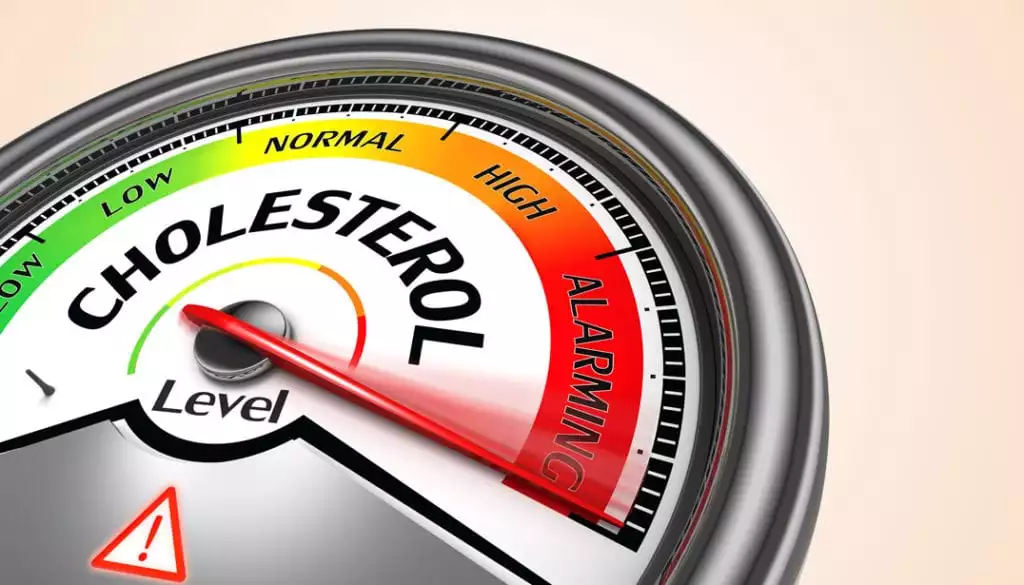The Cholesterol Levels in the blood is not only affected by the daily diet, but also depends on the speed at which the body manufactures and eliminates LDL cholesterol, and heart disease is caused by the amount of LDL cholesterol in the blood. The body can make the cholesterol the body needs without having to get extra from food.
There are reasons
for high and low cholesterol. Many factors determine whether your LDL cholesterol level is high or low, including:
- Heredity
- Eating habits
- body weight
- motion
- Age and gender
- alcohol
- pressure
Heredity
There are genetic genes in the body that control the rate at which LDL cholesterol is manufactured and eliminated, thus affecting the level of LDL cholesterol. And “familial hypercholesterolemia” is a special hereditary high cholesterol condition, 1 in 500 people suffer from it, leading to the occurrence of early heart disease.
Eating habits
There are two substances in food, which will increase LDL cholesterol
- Saturated fat: A type of fat mainly derived from animals.
- Cholesterol: It also comes from animal food.
Eating too many foods containing saturated fat and cholesterol is the main reason for high cholesterol and high heart disease rate because saturated fat can increase the level of Low cholesterol more than any other food. Therefore, reducing the consumption of saturated fat and cholesterol-rich foods is very important to reduce blood cholesterol levels.
Weight
Excess body weight will also increase your LDL cholesterol level. Losing weight helps lower the level of LDL cholesterol, and it also helps lower triglyceride levels and increase HDL cholesterol levels.
Exercise
Regular exercise can lower LDL cholesterol levels.
Age and gender
Before menopause, women’s overall cholesterol levels are usually lower than men of the same age. Regardless of men and women, with age, until the age of 60 to 65 years, cholesterol levels in the blood will increase. However, during menopause, women often experience an increase in LDL cholesterol and a decrease in HDL cholesterol. After the age of 50, women’s cholesterol levels will be higher than men of the same age.
Alcohol
Drinking in moderation can increase HDL cholesterol, but it will not lower LDL cholesterol. So doctors are still not sure whether alcohol will reduce the risk of heart disease. Drinking too much alcohol will not only damage the liver and heart muscle but also cause high blood pressure and increase triglycerides.
Stress
Studies have shown that long-term stress can raise the level of cholesterol in the blood. This is a stressful life-changing habit. For example, some stressed people will eat greasy food to comfort themselves, and the saturated fat and cholesterol in these foods will cause the cholesterol level in the blood to increase.







